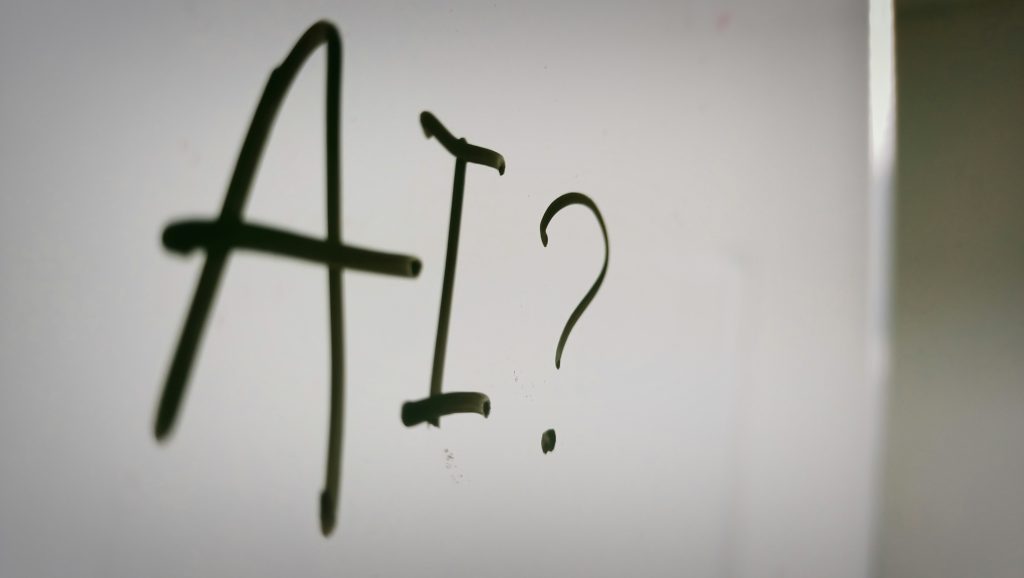Why you shouldn’t rely on ChatGPT or AI for legal advice – the real risks

In today’s fast-paced, digital-first world, it’s easy to turn to tools like ChatGPT for quick answers. Whether you’re drafting a tenancy agreement, facing a dispute or just trying to understand your legal rights, AI can seem like a tempting, cost-effective shortcut.
At Godwins Solicitors LLP, we take pride in providing our clients with reliable, accurate legal advice, tailored to your situation. In recent months however, there have been concerning instances where people have attempted to substitute proper legal advice with AI tools like ChatGPT. It is important that you understand the risks. We want to explain why you shouldn’t use ChatGPT for legal advice and why professional legal support still matters more than ever.
- AI can’t replace a qualified legal professional
ChatGPT, while powerful, is not a qualified solicitor. It has not studied law, passed professional exams or gained practical experience through handling real legal matters. It doesn’t understand the nuances of your personal circumstances, nor can it exercise legal judgment in the way a trained professional can.
Legal advice is not just about quoting the law – it’s about applying it correctly to your specific situation. That’s where AI falls short.
- You may receive outdated or inaccurate information
ChatGPT is trained on data that may be months or even years old. While it can mimic legal language and provide general insights, it may not reflect the most recent legislation, case law or local legal procedures.
Laws change frequently and relying on outdated information could cost you – financially, legally and personally.
- No accountability or protection
When you consult a solicitor, you are protected. Regulated legal professionals are bound by strict professional standards and codes of conduct. If something goes wrong, you have recourse through regulatory bodies or professional indemnity insurance.
With ChatGPT, there are no such safeguards. If it gives you incorrect or harmful advice, there’s no regulatory protection, no professional indemnity insurance and no one to hold accountable.
- AI can’t offer confidential, tailored advice
Legal advice should be confidential, strategic and based on a thorough understanding of your unique situation. ChatGPT doesn’t know your full context and cannot ask the right follow-up questions a solicitor would.
Even more importantly, while AI providers take privacy seriously, you should never share sensitive or personal legal information with an AI system that isn’t covered by solicitor-client privilege.
- Misuse can lead to serious consequences
Many people are tempted to use AI to draft legal documents like wills, contracts or tenancy agreements. While these documents may “look” correct, even small errors in wording, omissions or jurisdictional issues can render them invalid – or worse, legally damaging.
Fixing mistakes later often costs far more than doing it properly from the start.
A final word: Use AI responsibly – but don’t replace your solicitor
We’re not saying tools like ChatGPT are useless. In fact, they can be helpful for general education, understanding legal terminology or preparing for a conversation with your solicitor.
However, they should never be a substitute for real legal advice from a qualified, regulated professional.
If you’re dealing with a legal issue – no matter how big or small – speak to a solicitor. It’s not just safer. It’s smarter.
Need professional legal advice?
At Godwins Solicitors LLP, we understand the pressures of cost, speed and convenience. AI tools like ChatGPT can sometimes help generate ideas, do very general research, or help one understand legal terminology. However, when it comes to your legal rights, obligations or court procedure, using an unverified tool instead of a qualified legal professional carries too much risk.
If you have any doubt, concern, or legal issue – no matter how small – please reach out to us. We are here to give you clear, reliable, legally binding advice and help you avoid the pitfalls that can come from trusting AI alone.
